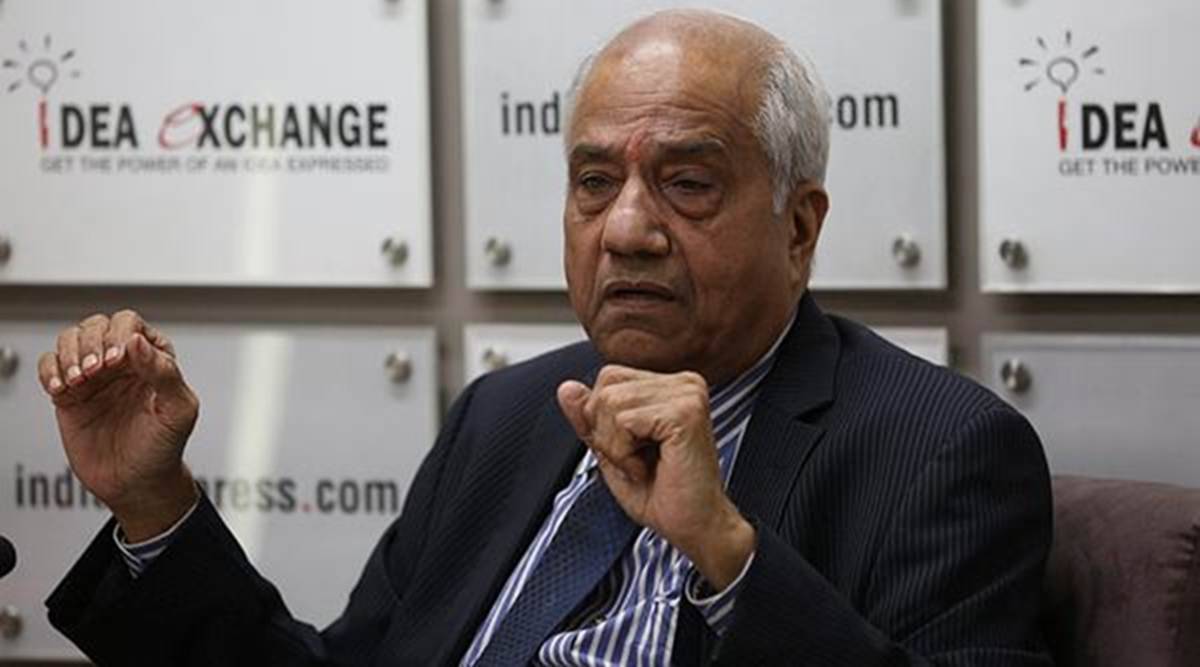 Justice B N Srikrishna, former judge of the Supreme Court
Justice B N Srikrishna, former judge of the Supreme CourtUnderlining that “in a democracy, the right to criticise the government is a fundamental right and nobody can muzzle that,” Justice B N Srikrishna, former judge of the Supreme Court, has expressed concern on the current situation, saying “today, things are very bad” and “I must confess, if I were to stand in a public square and say I don’t like the face of the Prime Minister, somebody might raid me, arrest me, throw me in jail without giving me any reason”.
His remarks, made in an interview to The Hindu newspaper drew a sharp response from Union Minister for Law and Justice Kiren Rijiju.
“Those people who speak all the time without any restrictions to abuse the popularly elected Prime Minister are crying about freedom of expression! They will never talk about Emergency imposed by Congress party and never dare to criticise some Regional Party CMs,” Rijiju said in a Twitter post.
“I don’t know if a former judge of the Supreme Court has actually said this. If it’s true then the statement itself is demeaning the institution he has served,” he said.
Reached for comment, Justice Srikrishna, who headed an expert committee to study and identify key data protection issues and recommend methods to address them, told The Indian Express: “I was talking about civil servants exercising their fundamental right to freedom of speech. As long as the criticism is civil and made in a decent manner, it should not come in the way of their service rules. But my concern is also about the rule of law and how the government responds to critics.”
In The Hindu interview, he was asked if a Telangana IAS officer was wrong in tweeting from her personal account in support of Gujarat riot gangrape victim Bilkis Bano.
Justice Srikrishna replied that when one enters government service, certain disciplinary rules reply. He referred to two High Court rulings and said “I think the trend is that judges are taking the view that IAS officers have a right to express themselves in a legitimate and decent manner”.
Justice Srikrishna retired as a judge of the Supreme Court in 2006. Since his retirement, he has headed several committees both for the Congress-led UPA government and the BJP government.